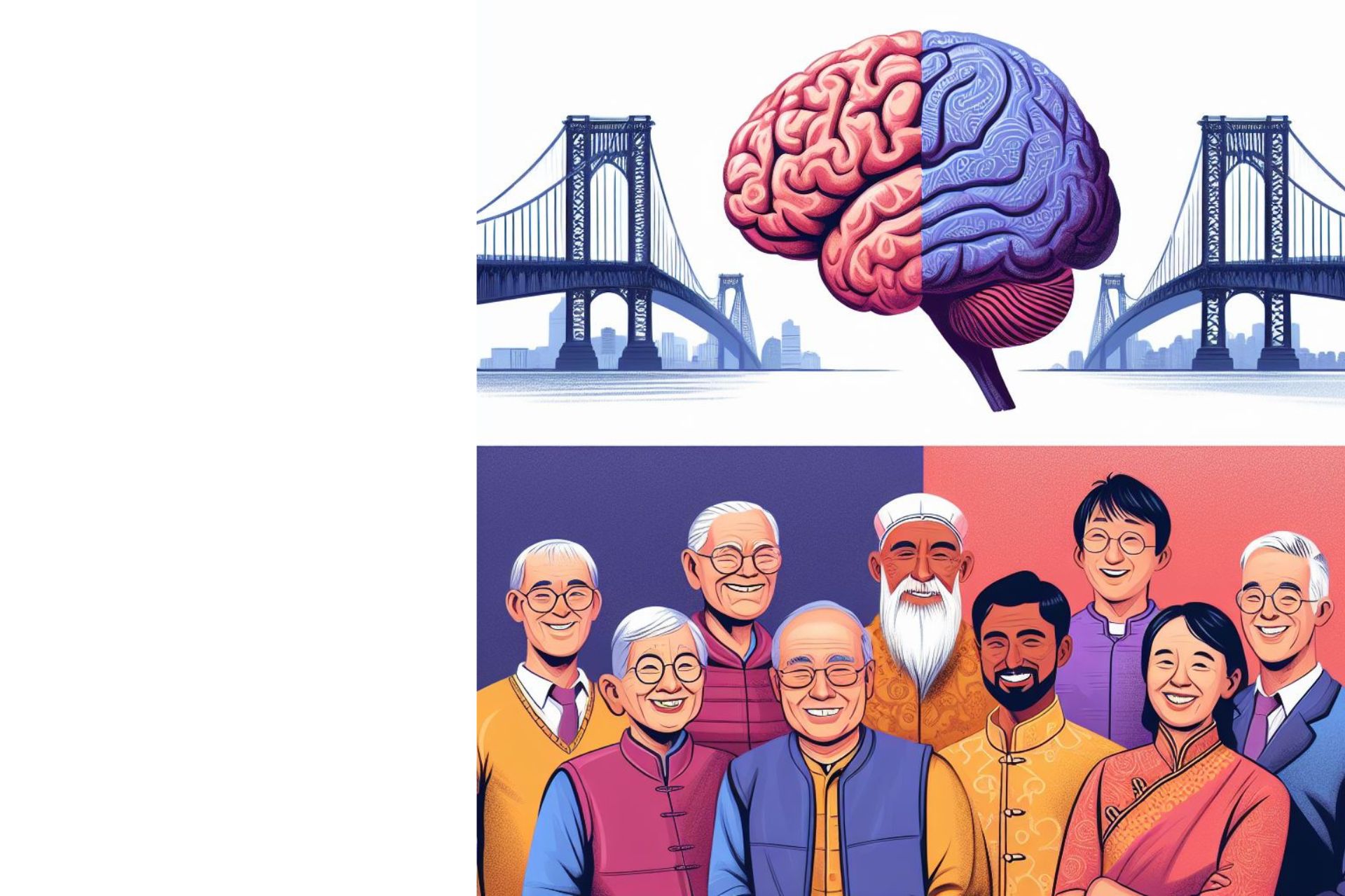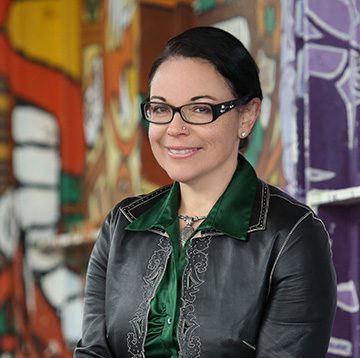Training and mentoring of RCMAR Scientists will be the REC’s primary aims. The two REC Core Leads bring complementary perspectives and experiences to enhance the RCMAR Scientists’ training and development. Dr. Melissa Simon is a physician and an implementation scientist, co-led the REC in our prior traditional RCMAR with MPI Wu, is a member of the National Academy of Medicine, and the PI of NIH-funded NURTURE which aims to disrupt systemic barriers which limit underrepresented investigator’s full participation in academic cancer, cardiovascular, and brain and behavioral science. Dr. Mary Mittelman is a psychiatric epidemiologist who developed and validated the NYU Caregiver Intervention, previously led the NYU ADRC REC, and received the first Alzheimer’s Disease International/ Foundation Médéric Alzheimer’s Global Award for Psychosocial Research in AD/ADRD. They will work with REC co-investigators to guide RCMAR Scientists on identifying a RCMAR mentor, conducting awarded research as part of their overall career trajectories, planning publications and grant submissions, and expanding their professional networks within and beyond the RCMAR program.
The REC Core aims are:
Aim 1. Build research capacity of a group of Scholars focused on AD/ADRD research in disaggregated APA subgroups with an emphasis on contextual factors of People, Culture, Place, and Time.
Aim 2. Create a pilot funding mechanism to solicit, review and select 4 RCASIA Scientists per year to conduct rigorous AD/ADRD-related Behavioral, Social, and Economic Research which can lead to sustained future research funding and impact on APA brain health.
Aim 3. Enhance RCASIA Scientist development through discipline-specific group-mentoring based Pods, and transdisciplinary, ethnicity-specific Teams.
Aim 4: Track and evaluate success of RCASIA Scientists using an iterative and longitudinal evaluation process designed to continually improve RCASIA infrastructure and support.






